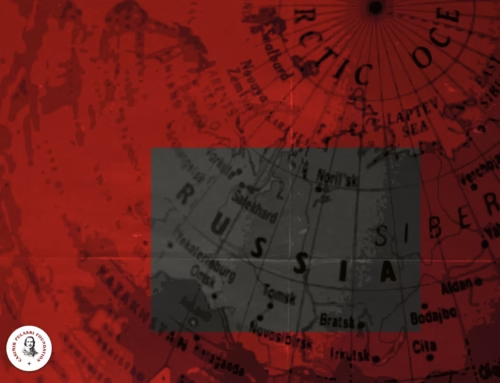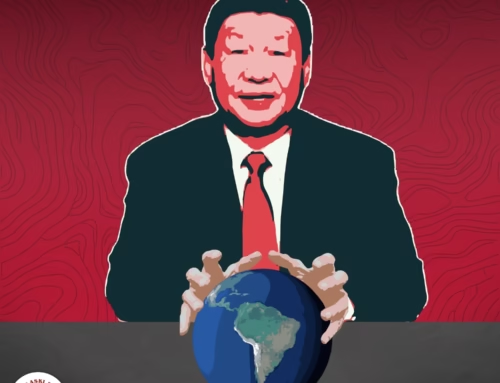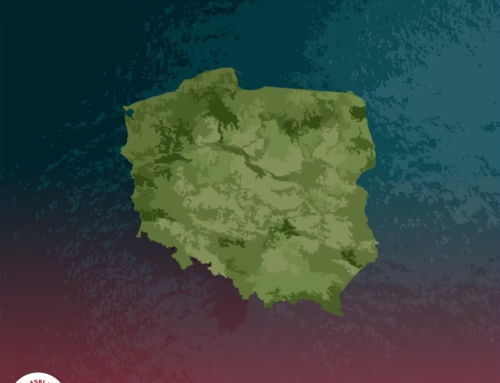Norpolactor
Autor foto: CPF

NorPolFactor – Norway and Poland as members of transatlantic and European security community
31 stycznia, 2025


Norpolactor
Autor foto: CPF
NorPolFactor – Norway and Poland as members of transatlantic and European security community
Autor: Jakub M. Godzimirski, Ole Martin Stormoen, Øyvind Svendsen, Tomasz Obremski, Michał Malak
Opublikowano: 31 stycznia, 2025
Fourth and the last NorPolFactor report takes a closer look at the role of Norway and Poland in transatlantic and European security communities. As Europe redefines its security architecture amid shifting global dynamics, Poland and Norway face a dual imperative: reinforcing their role in the transatlantic alliance while adapting to the EU’s growing defense ambitions. Their paths diverge institutionally but converge strategically in facing shared threats and navigating uncertain transatlantic commitments.
Both countries anchor their security outlooks in NATO, historically seen as the cornerstone of collective defense. For Norway, a founding member since 1949, NATO has always been the primary framework due to its proximity to Russia and traditional skepticism toward EU supranationalism. Poland, though joining later, regards NATO as a vital deterrent and symbol of its return to the Western democratic fold. Yet, both recognize that hard security cannot be fully ensured without stronger European capabilities—particularly as doubts grow over the U.S. commitment to Article 5, exacerbated by Donald Trump’s return to the presidency.
The EU, long seen as an economic actor, is increasingly asserting itself in security and defense. While it lacks NATO’s military reach, the EU has become a relevant player through initiatives like the European Security Union and the Common Security and Defence Policy (CSDP). It is not merely about tanks and troops—it’s about cybersecurity, disinformation, border resilience, and strategic industries. Poland, especially during its 2025 EU presidency, pushed for greater coherence between NATO and EU tools, framing security in a broader sense that also includes economic and technological dimensions.
A key insight from the report is the asymmetry in institutional participation. Poland is deeply embedded in both NATO and the EU, and actively promotes stronger integration and autonomy. Norway, although outside the EU, has to navigate an increasingly complex balancing act: remain closely aligned with EU strategies without formal decision-making power. This underscores a growing divergence in how member and non-member states adapt to the EU’s evolving security ambitions, and highlights the necessity of flexible formats for cooperation, including bilateral partnerships and NATO-EU bridges.
Equally notable is the shared anxiety regarding future U.S. engagement in Europe. The perceived unpredictability of U.S. foreign policy pushes both Warsaw and Oslo to consider scenarios where Europe must act more independently. While some EU member states still see “strategic autonomy” as either unrealistic or undesirable, Poland and Norway, albeit from different perspectives, acknowledge the urgent need to reduce vulnerability to American political shifts. Yet, they differ in tone: Poland advocates for a Europe strong in its own right but anchored in U.S. partnership; Norway tends to hedge more cautiously, prioritizing alliance unity while avoiding overt reliance on EU structures.
Ultimately, the report suggests that the traditional binaries (EU vs NATO, transatlantic vs European) are increasingly obsolete. The current moment requires hybrid thinking and dual-track engagement. Norway and Poland, while institutionally distinct, both serve as critical nodes in Europe’s collective security effort. Their cooperation, both bilaterally and through regional formats, will be instrumental in adapting Europe’s security community to the 21st century’s layered threats. In an era of strategic uncertainty, coordination, not just commitment, will be the true test of resilience.
Read more on NorPolFactor on poject here.






